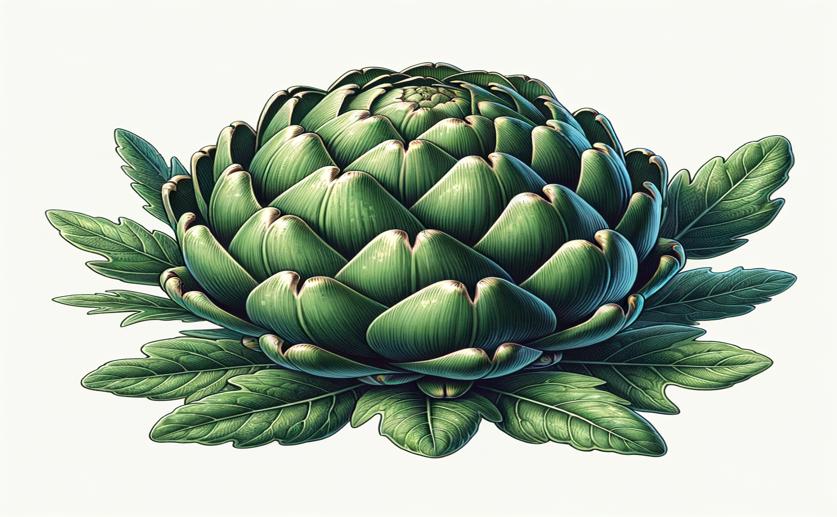
How Cleaning Affects Artichoke Plant Health and Gene Activity
Jim Crocker
27th June, 2024

Image Source: Natural Science News, 2024
Key Findings
- The study from the University of Bari "Aldo Moro" focused on sanitized (S) and non-sanitized (NS) artichokes to understand the impact of viral infections on plant growth
- Virus infections disrupt primary metabolism and photosynthesis, leading to noticeable differences between S and NS artichokes
- Sanitized artichokes showed higher peroxidase (POD) activity, which is linked to increased plant growth and development under stress conditions
AgricultureBiochemPlant Science
References
Main Study
1) Overview of transcriptome changes and phenomic profile of sanitized artichoke vis-à-vis non-sanitized plants.
Published 26th June, 2024
https://doi.org/10.1111/plb.13675
Related Studies
2) Viruses in artichoke.
3) Class III peroxidase: an indispensable enzyme for biotic/abiotic stress tolerance and a potent candidate for crop improvement.



 21st June, 2024 | Jim Crocker
21st June, 2024 | Jim Crocker